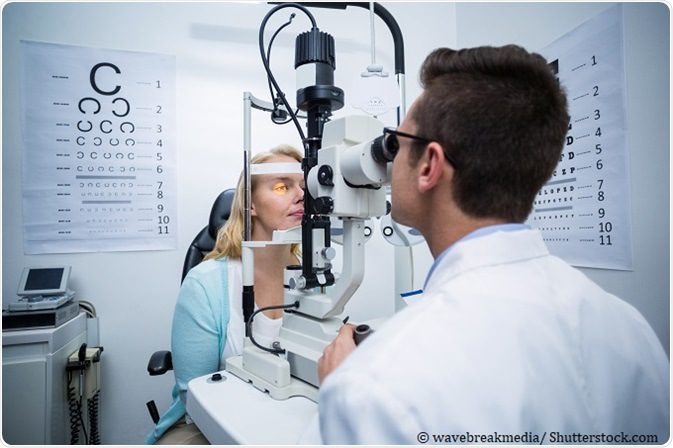Optometry is a primary diagnostic healthcare profession dealing with the diagnosis and treatment of minor to moderate ocular injuries and conditions. Optometrists are trained to be the first point of contact and control in any case of visual problem or damage. A course in optometry provides a broad understanding of the human body. The course also includes some aspects of physical optics and mechanics.
A bachelor’s course in optometry can be the perfect amalgamation of medical and engineering sciences. Read this blog to learn more about the subject, the benefits of pursuing this course and its career prospects.
What does an optometry course entail?
Most bachelor’s courses in optometry are designed to provide a comprehensive study of the essential clinical skills such as refraction and history-taking. The courses can last for three to four years and cover the diagnosis of different ocular syndromes, prescription procedures for corrective lenses and ocular equipment handling.
The syllabi of optometry courses vary from one course to another—however, most courses include the following subjects.
- General Physiology
- General Anatomy
- Binocular Vision and Low Vision
- Public Health
- Microbiology
- Ocular Refraction
- Physical and Geometrical Optics
- Dispensing Optics
- Ocular Diseases
- Ocular anatomy
- Ocular physiology
- Contact lenses
- Patient Psychology
Why should you pursue a bachelor’s course in optometry?
Here is a list of the crucial benefits of pursuing a bachelor’s course, such as a B. Optometry course.
- The right work-life balance: Unlike other healthcare professions, the role of an optometrist is comparatively less hectic and stressful. You can find many positions which only require you to work for 40 hours each week. You can maintain an excellent balance between your personal and professional commitments.
- Chance to set up your own practice: Most optometrists are equipped to start their independent clinics. Setting up your private practice can let you regulate your work timings and take your own business decisions without any interference. Establishing a private practice can also ensure that others cannot access the direct profits of your hard work.
- Opportunities in social work: Since optometrists are the first point of contact in a healthcare set-up, they are the ones spending the maximum amount of time with the patients. The physical examination and patient history by the optometrist are crucial for the patient’s recovery. Hence, this job can provide multiple ways to give back to humanity and serve the general people.
What are the career prospects of a B. Optometry course?
As B. Optometry graduate, you can join the healthcare industry in the following exciting career roles.
- Contact Lens Specialist
- Clinical Optometrist
- Retail Optometrist
- Low Vision Specialist
- Diagnostic Optometrist
- Dispensing Lens Specialist
- Vision Officer
- Public Health Officer
- Sales Officer in a retail spectacle store
Apart from these jobs, you can also join NGOs or hospital trusts to conduct ocular screening camps that provide much-needed eye-care services to the less-privileged.
Pursuing bachelor’s courses in optometry can allow you to be the focal point between healthcare and engineering and let your work or research to radically transform peoples’ lives for the better. Earn a degree in Bachelor of Optometry today to start your career in ocular healthcare.
HedgeThink.com is the fund industry’s leading news, research and analysis source for individual and institutional accredited investors and professionals




































